Zulfikar Ali Bhutto's execution benefited Zia-ul-Haq, violated justice: SC
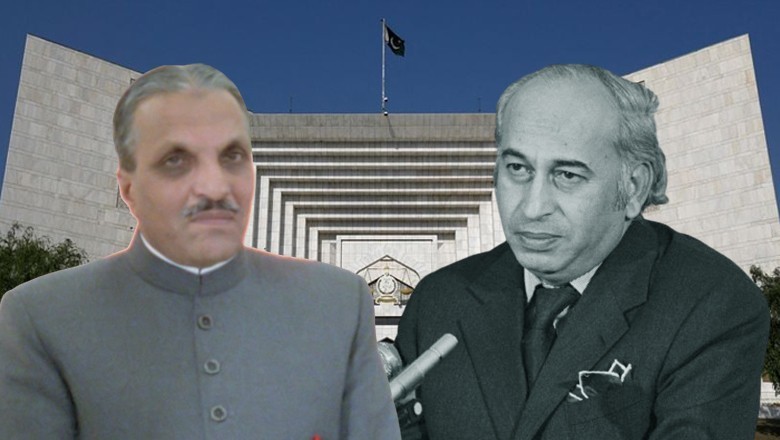
Web Desk
|
8 Jul 2024
The Supreme Court of Pakistan has issued a comprehensive opinion on the presidential reference concerning the execution of former Prime Minister Zulfikar Ali Bhutto, acknowledging significant flaws that led to his wrongful hanging without a fair trial.
Chief Justice Qazi Faez Isa authored the detailed 48-page opinion, with additional insights provided by Justice Sardar Tariq Masood and Justice Mansoor Ali Shah. The opinion highlights the context of Bhutto's trial, conducted under martial law, which compromised the judicial independence and constitutional integrity of the courts at that time.
The opinion underscores that during Bhutto's trial, the judiciary operated under the constraints of martial law, where judges were aligned with the military regime rather than upholding impartial justice. "The country and the courts were under the dominance of martial law," the opinion noted, highlighting the lack of judicial autonomy and constitutional legitimacy.
Chief Justice Isa's opinion also pointed out that General Zia-ul-Haq, the military ruler at the time, directly benefited from Bhutto's execution. "Zia-ul-Haq gained directly from the decision to hang Zulfikar Ali Bhutto," the opinion asserted, indicating a clear conflict of interest in the judicial proceedings.
The Supreme Court's opinion critically analyzed procedural flaws in Bhutto's investigation and trial. It criticized the Federal Investigation Agency (FIA) for initiating its investigation before formally receiving the case file, a procedural breach that undermined the integrity of the investigation. Moreover, the conduct of the trial in the High Court was deemed deficient, disregarding legal provisions and violating Bhutto's fundamental rights.
"The requirements for a fair trial were not met," Chief Justice Isa emphasized, highlighting the absence of direct evidence linking Bhutto to the alleged crime. Additionally, discrepancies were noted regarding the bullet shell recovered from the crime scene, which did not match the firearms associated with the Federal Security Force (FSF), weakening the prosecution's case against Bhutto.
The opinion further addressed the misuse of Bhutto's parliamentary speeches as evidence in court, asserting that such statements should not have been admissible against a parliamentarian. "The courts erred in admitting Bhutto's speeches in Parliament as evidence," the opinion clarified, highlighting procedural irregularities during the trial.
The Supreme Court's larger bench, comprising nine members, concluded its hearing on the Bhutto reference on March 4 and unanimously issued its opinion on March 6. The court unequivocally stated that Bhutto was denied a fair trial and that justice requirements were gravely disregarded. The trial procedures were deemed incomplete, and Bhutto was unjustly deprived of a fair opportunity to defend himself against the allegations.


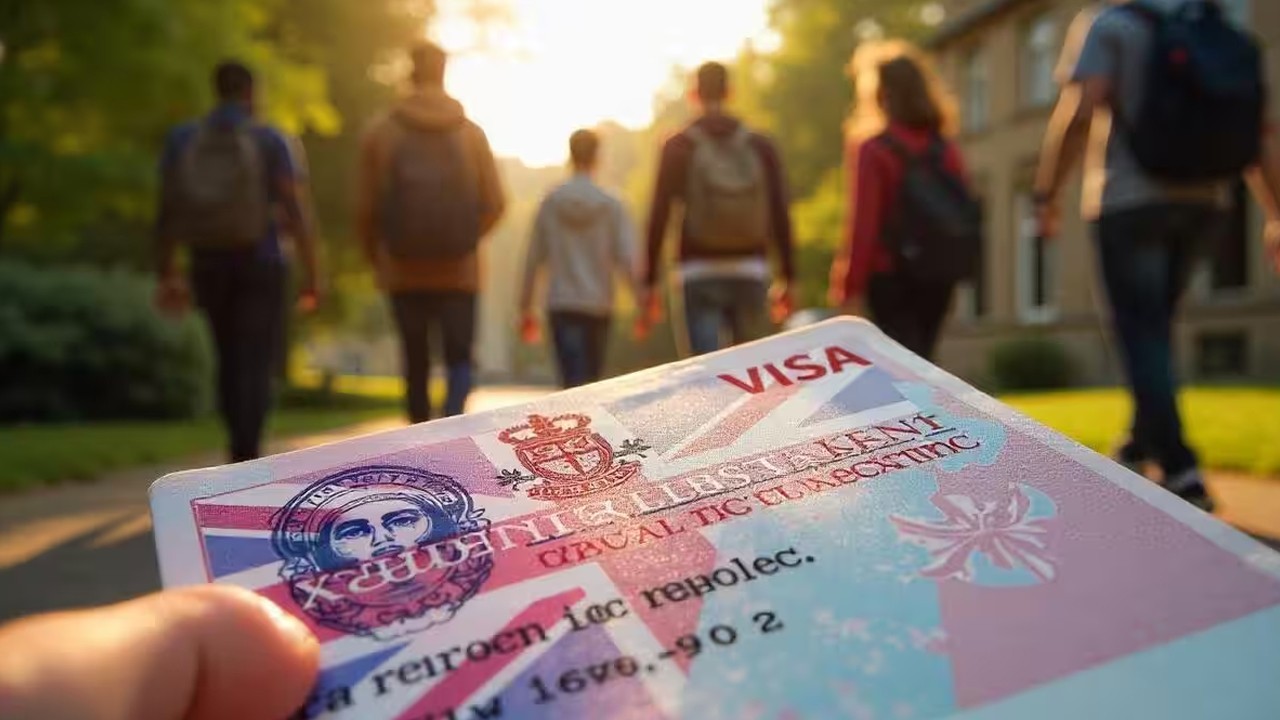
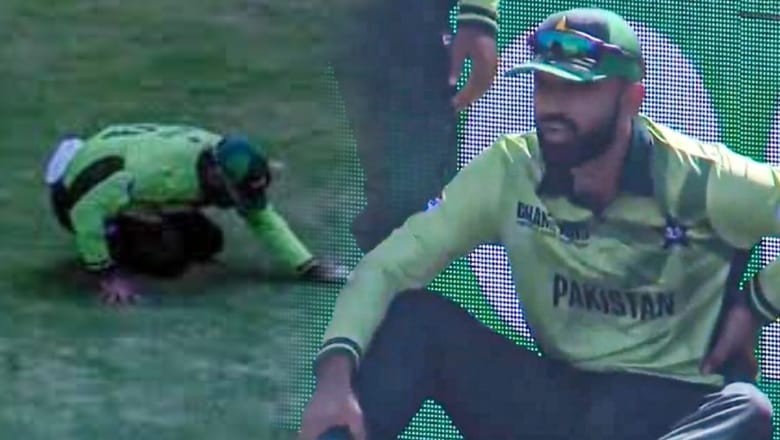

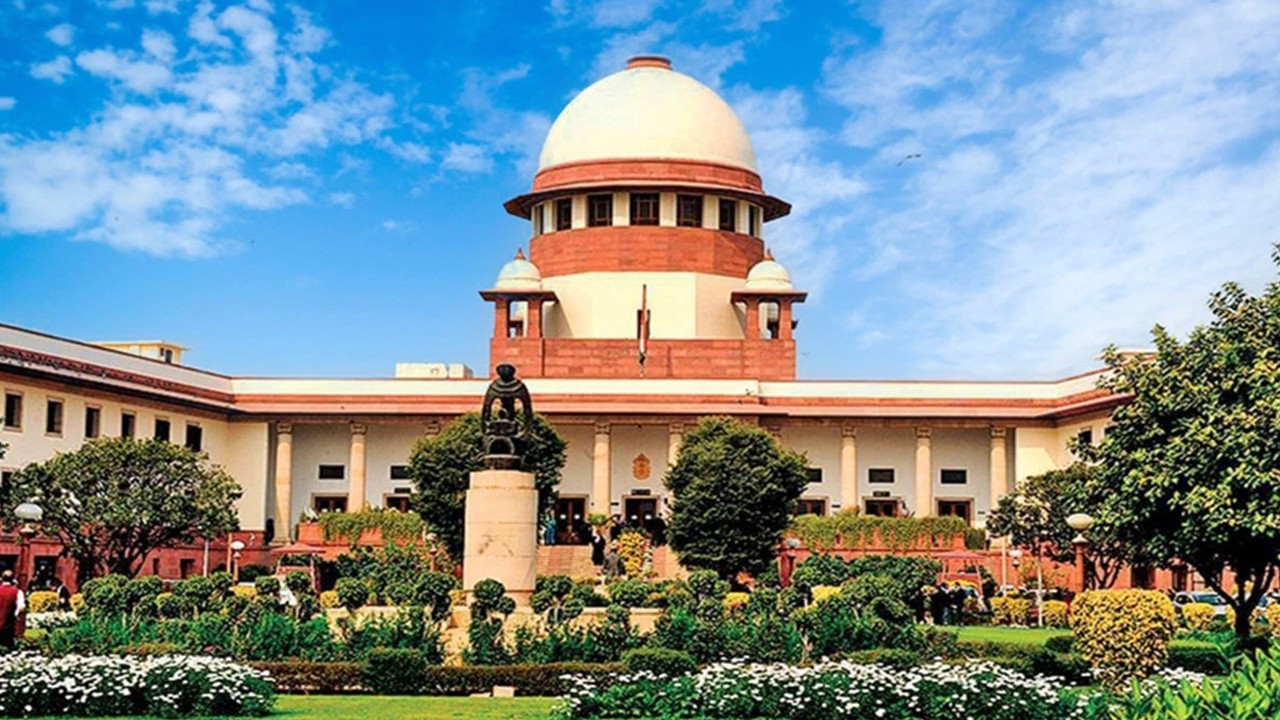
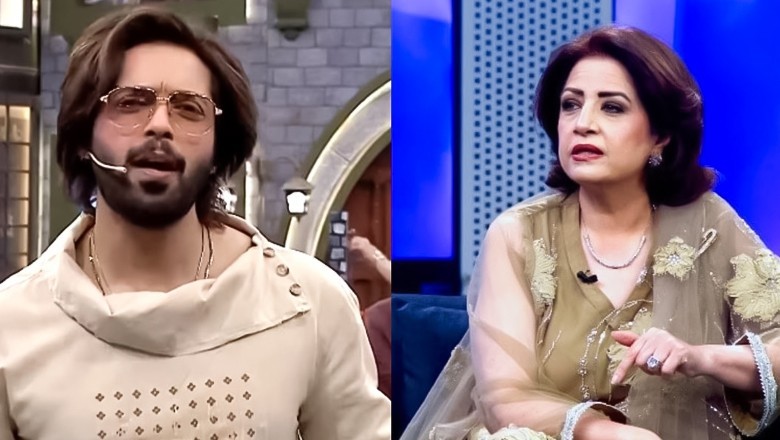
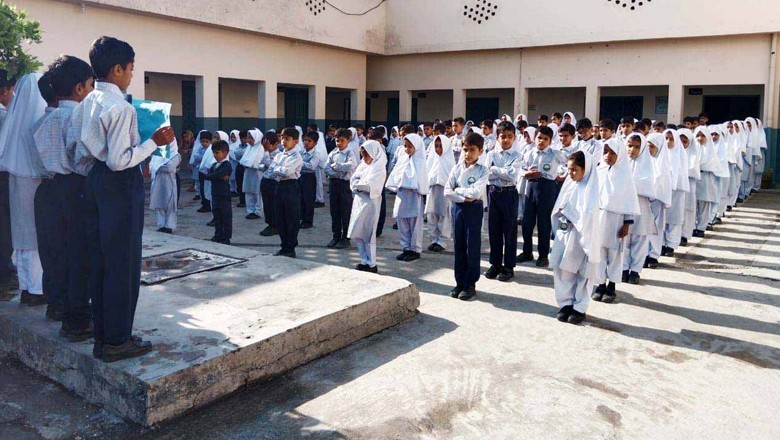
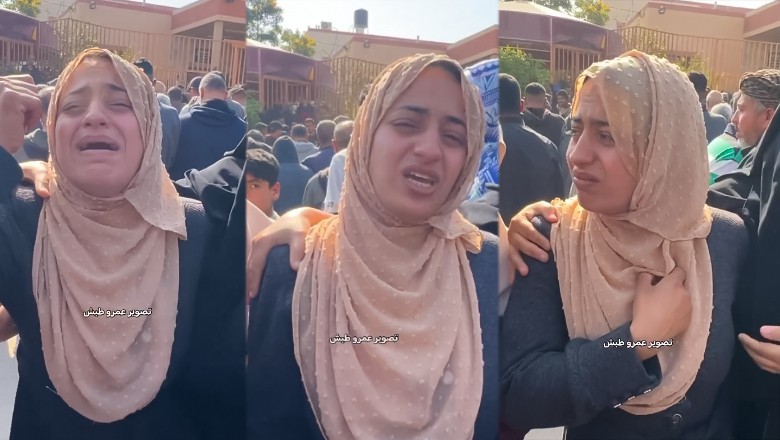
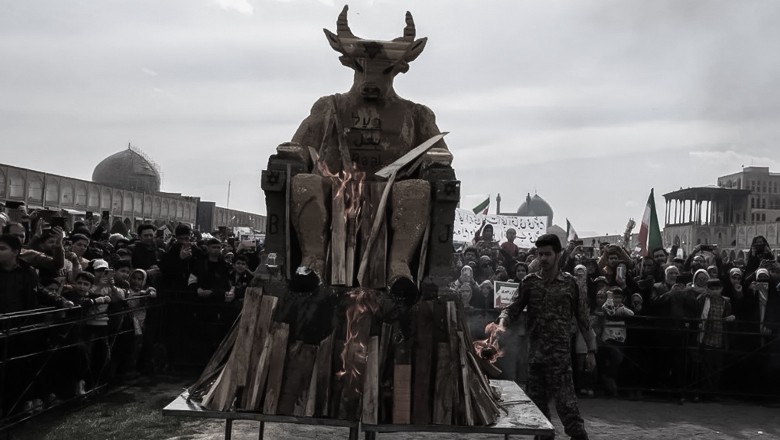

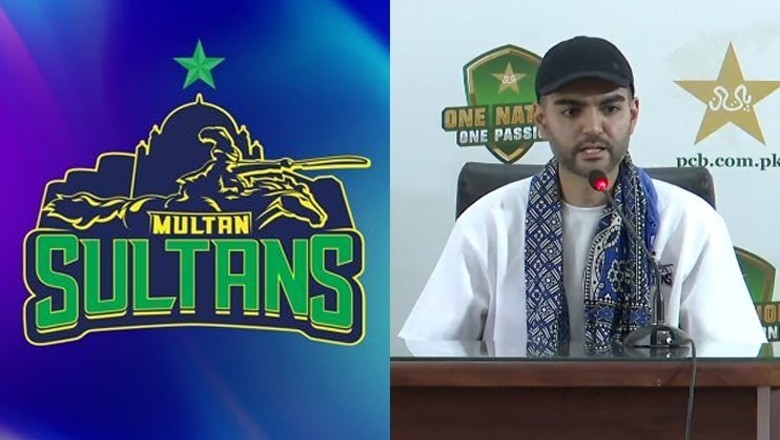
Comments
0 comment